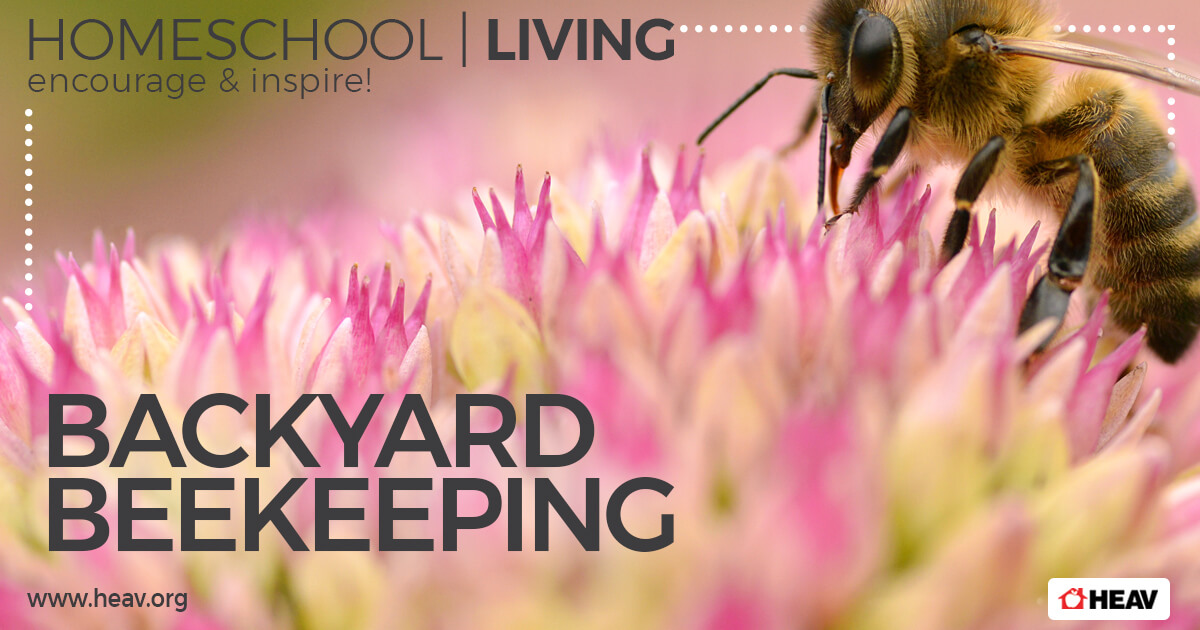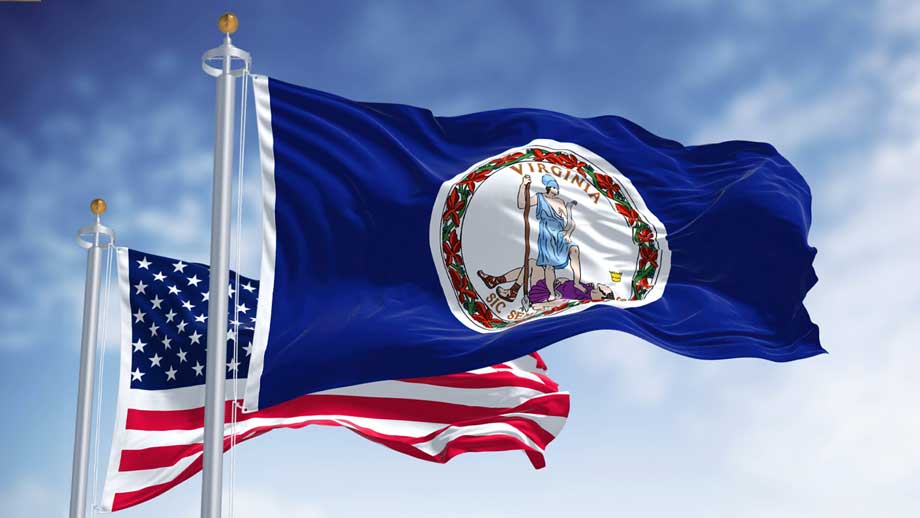Backyard Bees & Beekeeping
Bees are one of the most important creatures to humans on earth. It is estimated that one third of the food we eat relies on pollination primarily by bees (though other insects, birds, and bats play a role in this as well.) Learn why bees are important to our global ecosystem, how to keep and interact with honeybees–if you are so inclined!– and how to treat stings and remove or relocate problematic nests if necessary.
Sweet Bees
The Virginia State Beekeepers Association has valuable information on beekeeping in the commonwealth. You will find articles on beekeeping, a map and lists to help you locate local beekeeping groups, and information about becoming a master beekeeper.
Beekeeping could be a family endeavor. This article describes the process of setting up and maintaining a beehive.
If you are considering setting up an apiary, you will want to learn about the laws regarding beekeeping in the Old Dominion.
In her article, “Become a Backyard Beekeeper,” Jodi Helmer explains the art of beekeeping with short, easy-to-understand descriptions and graphics.
Your children might enjoy learning these quick facts about bees.
Randy Oliver earned degrees in biological sciences, specializing in entomology. His web page has valuable scientific information on bees with links to articles he has written for the American Bee Journal.
Flower Bees
Ok, excluding honey, why should be care about bees? You’ll find some interesting reasons why bees are an important part of our ecosystem in this list of seven reasons you should care about bees. (Note: There is a reference to Earth being millions of years old in a description of fossilized bees.)
Learn how bees pollinate, what types of plants they affect, and how plants attract the bees that they need.
Your biology student could spend quite a bit of time discovering the many species of bees with this introductory article. The rest of the website contains a wealth of information on other bee topics, as well.
Angry Bees
Why do bees sting? You’ll be happy to know that they don’t just attack with malice. They’re just defending themselves and their nest!
These helpful pictures and descriptions can help you identify the type of stinging insect you’ve encountered.
Healthline.com offers several helpful ways to treat bee stings at home, and also outlines the symptoms that can indicate that professional medical assistance is needed.
If you’ve ever found a hive or nest under your eaves, in your backyard, or even in your attic, you know how much of a problem it can present. These tips from WikiHow can help you remove problematic wasp nests and bee hives.









